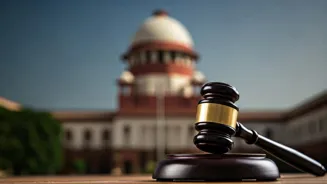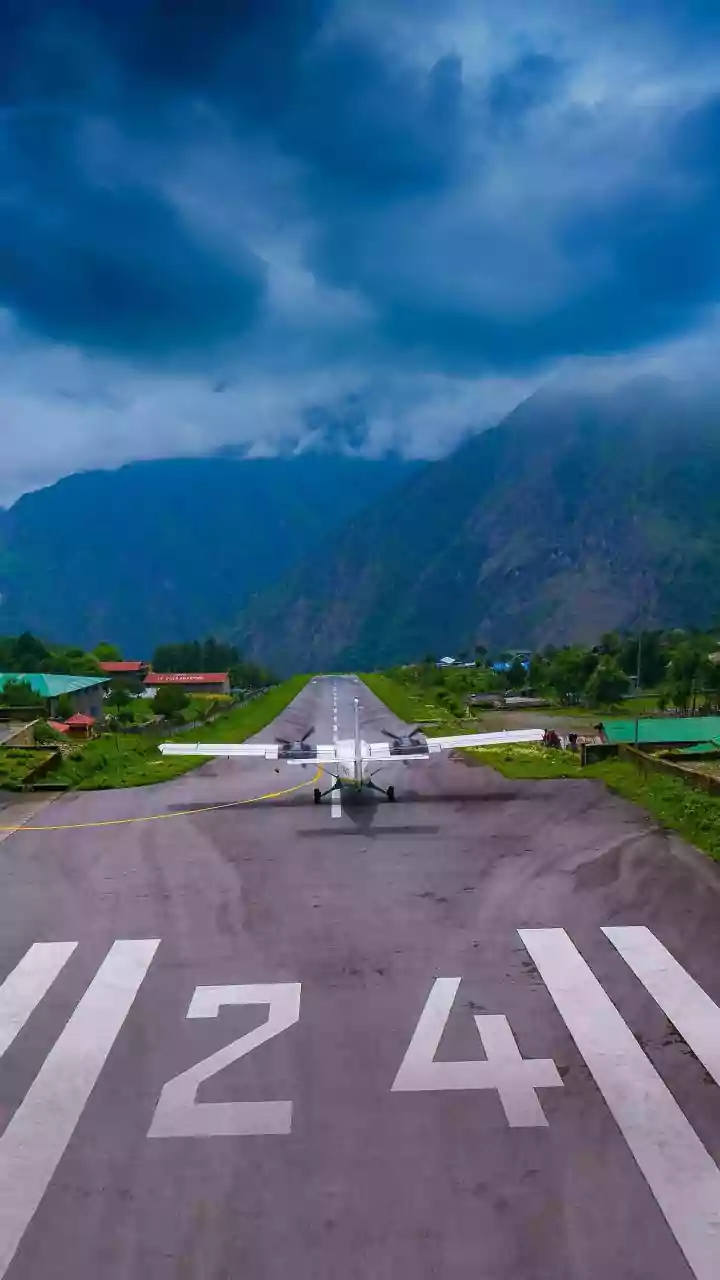Political Turmoil in Bihar
Bihar has recently witnessed a surge in political complexities, drawing significant attention. The Supreme Court's influence in this setting has become
an area of significant interest and debate. Political players are carefully scrutinizing the court's possible measures, as they could reshape the direction of events. The opposition is particularly keen on any relief offered, as they navigate obstacles and pursue their objectives. The legal arguments and related strategic planning are critical as the judicial system engages in Bihar’s political drama, indicating that the court’s final decisions might play a crucial role in deciding the future course of state politics. The situation exemplifies the complex dynamics between the judicial system and political maneuverings.
Supreme Court's Potential Actions
The Supreme Court's possible activities in the Bihar case are drawing a lot of attention. It is important to remember that the court can make numerous decisions, each with a specific effect. The court may examine evidence, make judgments on the constitutional appropriateness of acts, or provide urgent orders. The court might also suggest adjustments to procedures or rules that influence political parties. Additionally, it could choose to put hearings off or accelerate them, which would have a direct effect on how the situation develops. The court's decisions will probably depend on how legal experts, arguments, and the public's opinions are perceived. The court's role is to provide justice and keep the law as it stands. The steps that it takes will decide the course of Bihar's political path and set the stage for upcoming events.
Challenges Faced by Opposition
The opposition parties in Bihar are dealing with significant hurdles, as they seek to gain legal and political ground. A key problem is managing conflicting points of view within their own parties. The opposition is also up against strong rulings and complex legal procedures that can be difficult to manage. Gathering compelling proof to support their claims is a difficult task, especially when there is a lack of consensus. Furthermore, political strategies need to be carefully designed and put into action to maximize their chances of success. The actions of the government and the actions of the ruling party can present considerable problems, needing innovative approaches to influence public opinion and take advantage of prospects. The opposition must overcome these obstacles to successfully navigate the current political scene and accomplish their goals.
Analyzing Possible Scenarios
There are several potential outcomes for the court case in Bihar, each having significant repercussions. One option involves the Supreme Court supporting the opposition, which could lead to re-evaluation of procedures or even fresh elections. Alternatively, the court could back the current administration, which could cause the opposition to face more difficulties. Other scenarios include a compromise, such as the court suggesting modifications to existing laws or regulations. The public's view, the legal specifics of the case, and the court's own opinions on the legal principles all have an impact on these events. Every result will affect Bihar's political climate, perhaps causing modifications to the existing political coalitions, influencing upcoming elections, and molding the public's perception of the judicial and political systems. The effects will be far-reaching.
Long-term Political Impact
The long-term political effects of the Supreme Court's ruling on Bihar could be substantial. The verdict may drastically affect how political power is distributed, altering the strategies and positions of political players. The state's future governance will be impacted by the decision of the court, which will also influence public perceptions of fairness and justice. A ruling that challenges existing power structures could boost public trust in democratic systems and encourage political transparency. In contrast, a result that favors the current government may increase concerns about corruption and abuse of power. The court's decision also acts as a precedent for future legal and political struggles across the nation, emphasizing the role the court plays in preserving stability and democratic principles. The judgment will therefore have effects that go far beyond the immediate circumstances of Bihar.























